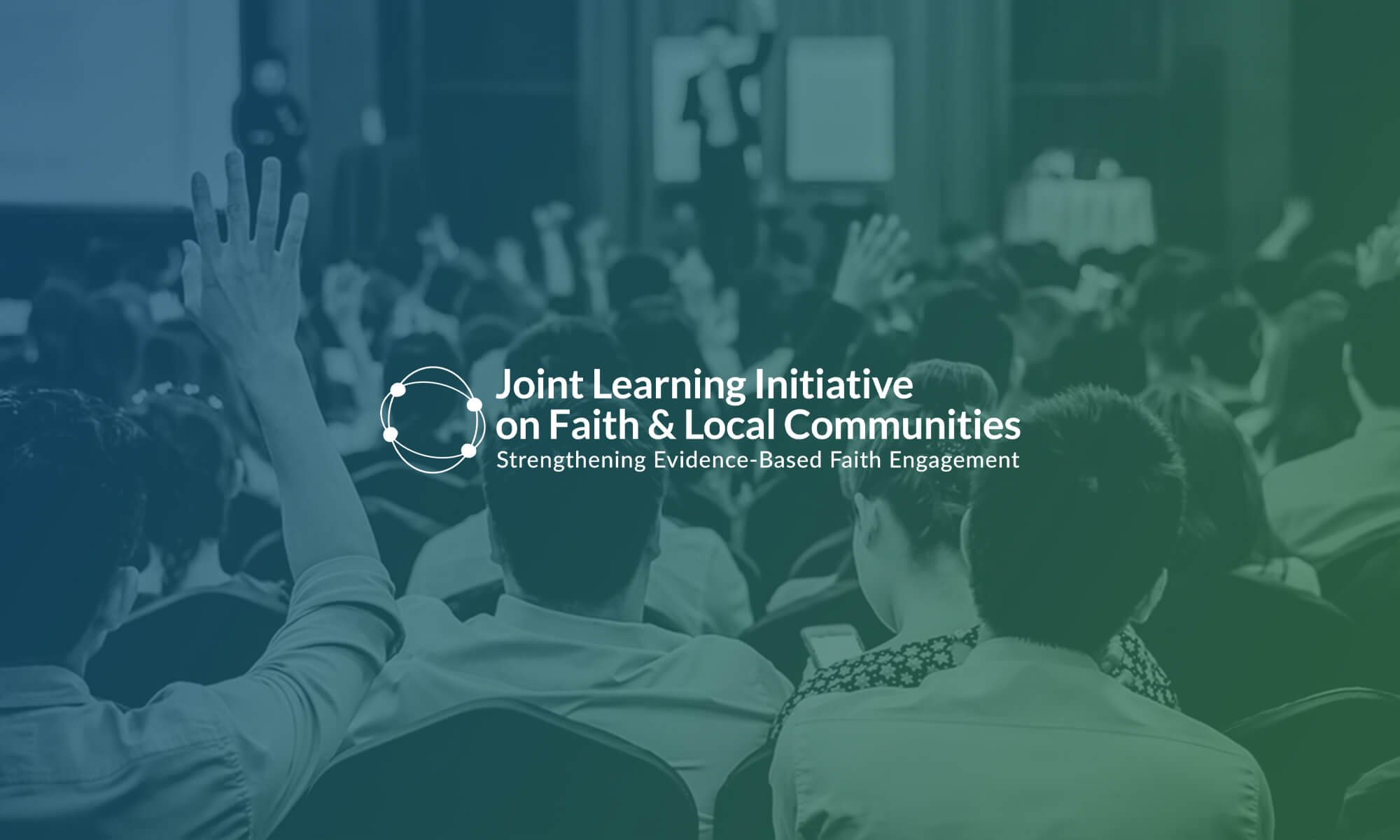Proposed Title: Religion, Corruption, and Sustainable Development in Southern Africa
Editors: Tobias Marevesa, Great Zimbabwe University/University of KwaZulu-Natal and Nelly Mwale, University of Zambia
Proposed Publisher: Bowman and Littlefield
This proposed book project brings to the fore the intersections of religion, corruption and sustainable development in 21st-century Southern Africa from an interdisciplinary viewpoint. The proposed book explores and presents a coherent, research-supported argument for the role of religion in reducing corruption and promoting sustainable development. The proposed book aims to explicate how the nexus between religion and corruption can be used as the backdrop for achieving sustainable development in Southern Africa, focusing on Sustainable Development Goal (SDG) 16, “Taking action to prevent and combat corruption at all levels.” Contributors in this proposed book focus on various topics, including how Islam, African Indigenous Religions, Christianity (Pentecostalism, mainline, AICs), Rastafari, etc., are being used to promote SDG 16 in Southern African countries.
During the State of the Nation Address (SONA) 2025, the President of the Republic of South Africa addressed the corruption issue with the idea of fighting it. In his address, he revealed that the country recorded over 1300 corruption convictions in four years, including 500 government officials, and that R14.18 billion was frozen because of corruption among other issues (www.stateofthenation.gov.za). South Africa’s corruption level was ranked 82 out of 180 countries by Transparency International in 2024. In Zimbabwe, Transparency International’s 2023 Corruption Perception Index revealed that Zimbabwe scored 24 on a scale from 0 (“highly corrupt”) to 100 (“very clean”). In this regard, Zimbabwe was ranked 149th among 180 countries in the Index; if the country is ranked first, it is perceived to have the most honest public sector (https://www.trasparency.org). In 2024, Zimbabwe was ranked 158 out of 180 countries, suggesting that the level of corruption is on the increase. Botswana is ranked by Transparency International’s 2024 Corruption Index 43 out of 180 countries. Zambia also scored 39 points out of 180 countries on corruption in 2023. Malawi in 2024 scored 107 out of 180 countries, while Namibia was ranked 49 out of 180 countries in 2023. The evidence revealed here shows that corruption is cancerous in Southern Africa; it is an area that needs academic conversation to find ways to deal with it. The book grapples with the irony of how a region which can be said to be religious continues to record rising levels of corruption, hence the need to interrogate the intersection of religion, corruption, and sustainable development.
This volume investigates how religion promotes or hinders corruption with specific reference to sustainable development in Southern Africa. This proposed volume is unique from other publications in that it seeks to demonstrate the contribution of religion to curb corruption in Southern Africa, thereby promoting sustainable development. This book shifts from previous publications to focus on a special target on religion and corruption within SDG 16 on combating corruption at all levels.
One can ask, how can religion help in curbing corruption in Southern Africa? It can be proposed that religion may play a significant role in dealing with corruption by fostering moral values, promoting social responsibilities, and ultimately contributing to a more just and equitable society. The proposed book project is guided by the following questions:
- How can religion or religious texts be used to curb corruption?
- In what ways can the religious institutions act as watchdogs by holding leaders and institutions accountable for their actions and promoting transparency and good governance in Southern African countries?
- How can religions emphasise ethical principles such as honesty, integrity, and justice, which can serve as a foundation for combating corruption?
- In what ways can religious institutions educate people about the dangers of corruption and empower them to resist it?
The proposed volume will sample analyses from scholars from various disciplines that will enunciate strategies, insights, methodologies, and discourses that can enlighten our understanding of religion, corruption, and sustainable development in Southern Africa in the ongoing search for a resolution to the complexities and intricacies of development in Africa.
This volume welcomes theoretical, conceptual, and empirical chapters in the following areas. (The list is not exhaustive, and different topics would be welcome.)
- The New Testament and corruption in Southern Africa
- The Old Testament and corruption in Southern Africa
- Religious institutions, social accountability and watchdog role
- Religious organisations, community engagement and social mobilisation
- Religious teachings that promote ethical behavior
- Islam, African Indigenous Religions, Christianity (Pentecostalism, mainline, AICs), Rastafari, etc., and the promotion of SDG 16 in Southern African countries.
- The role of religion(s) in fighting corruption
- Religion, corruption, and the rule of law
- Public role of the church in anti-corruption
- Reconciling conflict, promoting peace and sustainable development goals
- Religion, corruption and management of religious crisis in Southern Africa
- Religion, Corruption, gender, and Sustainable Development Goal 16
- Education, economy, politics and corruption in Southern Africa.
Submission Requirements
Please submit abstracts of not more than 300 words as well as a brief academic biographical statement for each author (150 words) to [email protected] and [email protected]
The length of the full chapter should be between 5000 and 6000 words, including references. Authors are encouraged to use the Harvard referencing style.
Important dates:
- Deadline for submitting abstracts: 30 April 2025
- Editors’ response on outcome of submitted abstracts: 10 May 2025
- Submission of Full Chapters: 30 July 2025
- Editors’ feedback on submitted chapters: 31 August 2025
- Submission of Revised Chapters: 30 September 2025
- Submission of Manuscript to the Publisher: 30 October 2025






